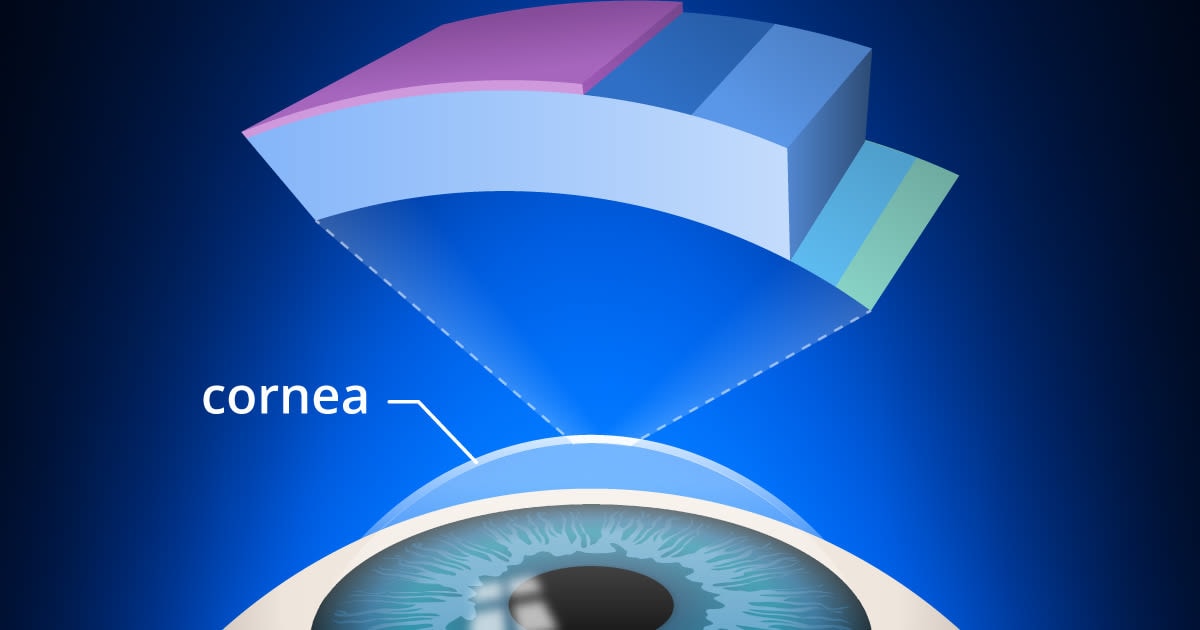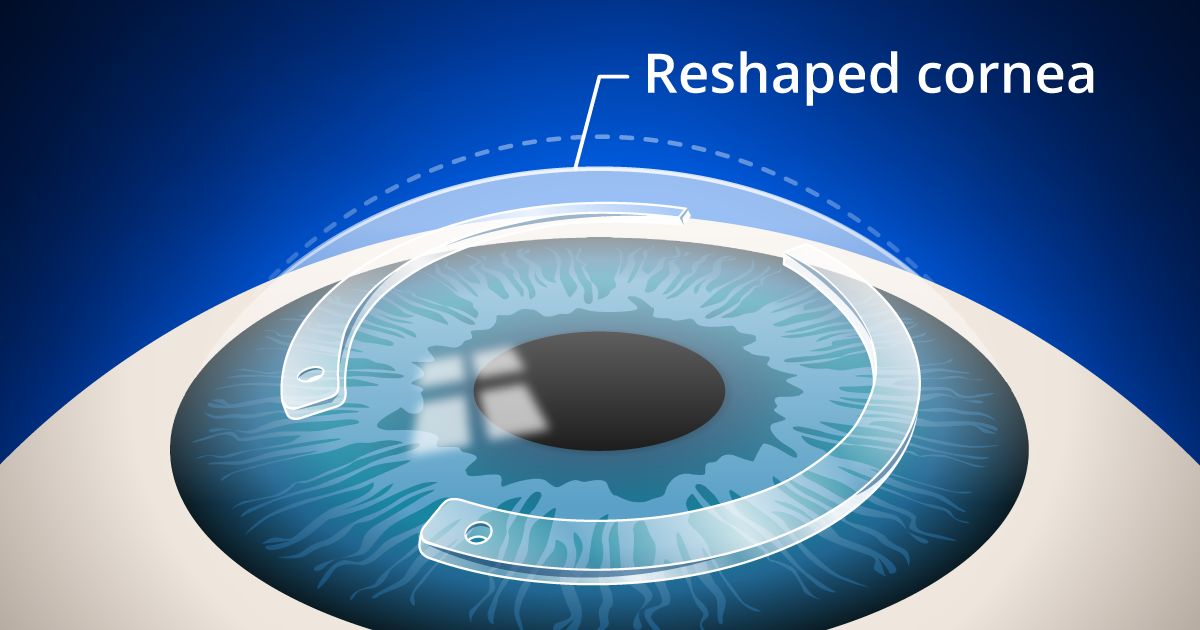Unfortunately, people with keratoconus currently are not allowed to serve in the United States military.
According to Department of Defense Instruction on Medical Standards for Appointment, Enlistment, or Induction in the Military Services (DoDI 6130.03, Section 4c), people who have been diagnosed with keratoconus are not eligible to serve in the United States Armed Forces.
It appears this prohibition applies even if your keratoconus was managed successfully with corneal insert surgery, corneal cross-linking or other corrective surgery.
If you've already enlisted in the military and keratoconus is diagnosed during your training, you typically will not be deployed for combat. Also, a diagnosis of keratoconus might result in a medical discharge.
Thinking about enlisting? If you have keratoconus, ask your recruitment officer for the latest information on your eligibility to serve, since policies can change.
But things may be changing.
In January 2017, the pharmaceutical and medical device company Avedro issued a press release announcing it was providing its KXL-brand corneal cross-linking system (including the ophthalmic solutions used in the procedure)to military hospitals around the country.
Also, in November 2016, Fort Belvoir Hospital in Virginia became the first military facility in the country to perform the FDA-approved corneal cross-linking procedure, treating service members who have been diagnosed with progressive keratoconus.
Given these recent developments, if you have keratoconus and are considering enlisting in the military, discuss your condition with your recruitment officer to get the latest information concerning your eligibility to serve.










